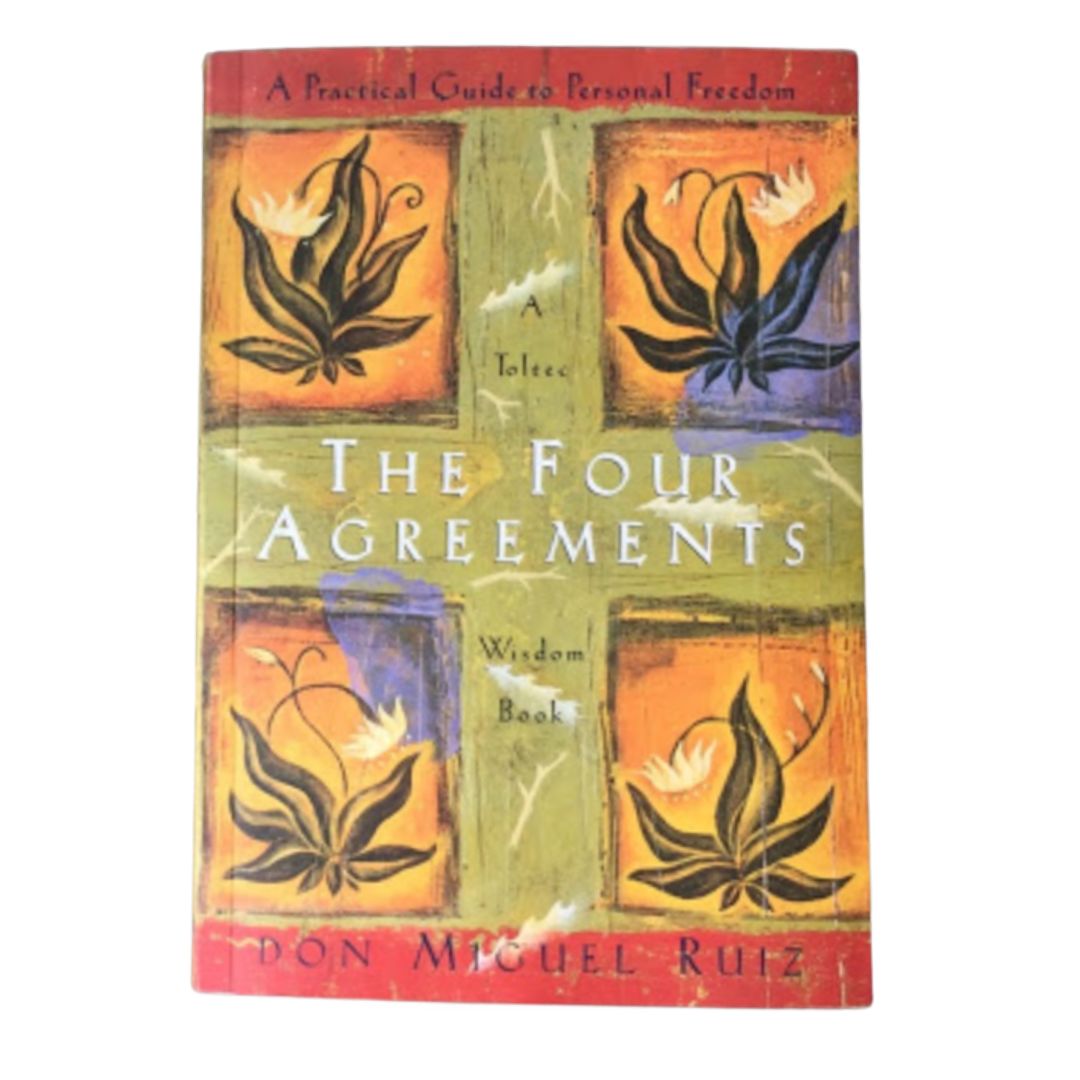We chatted with Janie Lacy, LMHC, NCC, CSAT, Relationship Trauma Expert, Psychotherapist, TV Commentator & Owner of Life Counseling Solutions who helps women overcome toxic relationships. She’s the creator of Woman Redeemed, an intensive experiential group experience that uses proven therapy strategies to start women on their healing journey. Learn more about her work @janielacy
1. How does one not blame themselves for their partner's infidelity?
When someone has experienced infidelity, it is very normal to question their reality. That can include reflecting back and questioning if you did something that caused it. It is called the grief process (grieving the relationship that you thought you had before finding out). In that process is a stage called bargaining…”maybe if I did this, they would've done that”. Most people have moments of self-blame but the challenge is if you stay stuck there.
2. How does infidelity affect the self-worth of the person that was cheated on?
Your most trusted relationship is usually your intimate/romantic relationship /marriage so when the tornado goes through your house and what you thought was once there is no longer, it is devastating. Your self-esteem, self-worth, self-love takes a major hit. You question yourself and all that you bring to the table. It is normal when you are walking through relationship trauma to have your self-worth affected but know it will last only for a season.
3. How does one take care of themselves following the moment they found out about the infidelity?
When people have experienced infidelity, the world has turned upside down in the moment of finding out that you have been betrayed. The shock, confusion and anger runs through your veins. One of the best things you can do but the hardest is to not react (throwing out his clothes, immediately confronting your partner, calling his/her friends, etc) but to immediately get yourself around people who you trust and can be there for you as a guide as you navigate the waters.
4. What is the journey to trusting one's partner again after they've cheated?
It is a journey that includes counseling, accountability, communication, consistency, transparency, alignment of goals, respect, boundaries, shared agreements that are honored to name a few of the pillars that have to be part of the process. Those are parts of the relationship that previously may not have been in the coupleship dynamic. Therefore, having these elements is important so adding them as part of the foundation of building the new house is extremely important.
5. What are patterns to look out for if your partner is a serial cheater?
Each person’s patterns may present themselves differently . However there are some common denominators. History of infidelity, detached sexual experiences, emotional unavailability, coldness towards past partners who they may have hurt, but one of the most defined patterns is contradictions in many areas of their life (says one thing but constantly does something different.).You know very little about anything significant about their history and relationships, secrecy (especially around their phone), hidden apps, unexplained behaviors and situations.
6. When do you know to end the relationship after experiencing infidelity?
Some considerations when thinking about ending the relationship include: genuine remorse and guilt, ability to self-reflect, ability to establish accountability and a healing process. Actions line up with promises/commitment, any continued abusive behavior including gaslighting (turns things around on you in conflicts) and maturity are some of the deciding factors. Ultimately, one has to do what is best for their own mental health when making a life decision.
7. What are some best practices during this time of betrayal?
A few pillars of those who have healed and moved through betrayal trauma in a way that they can look back on and have been proud of is the following: specialty therapy and counseling, mature & solid support systems, healthy practices around self-care, self-love, life focus on their own career, hobbies, and life goals. Healthy coping mechanics around grief, sharing feelings with safe people who can hold space and confidence.
8. Is forgiveness possible for those who experienced infidelity?
Forgiveness is absolutely possible whether you stay or leave the relationship. The key to remember is forgiveness is a process and there is no timetable. Nobody should dictate to you when or how you need to forgive and what it should look like for you (especially if they are tied to the outcome). When we consider the grief process, usually forgiveness is one of the last steps but healing is not linear (more like a zig zag).



